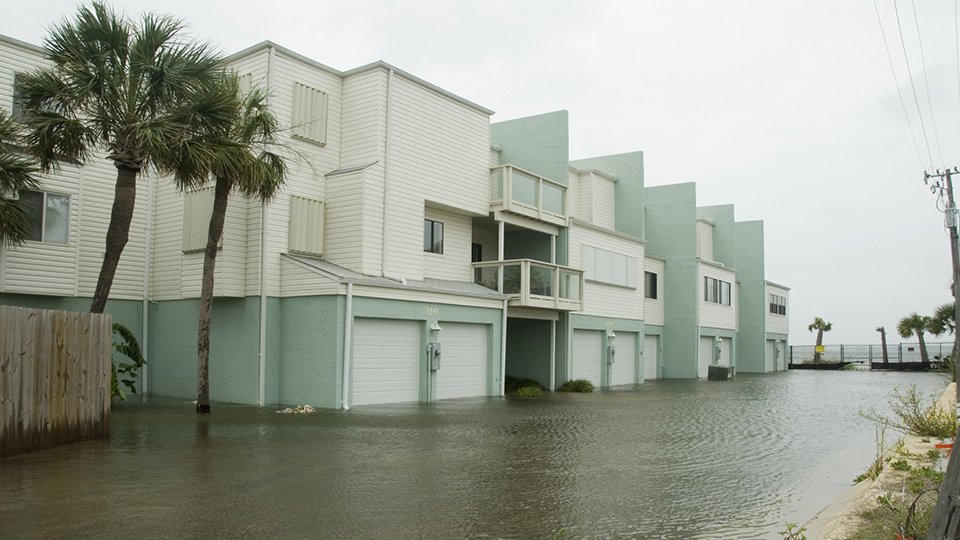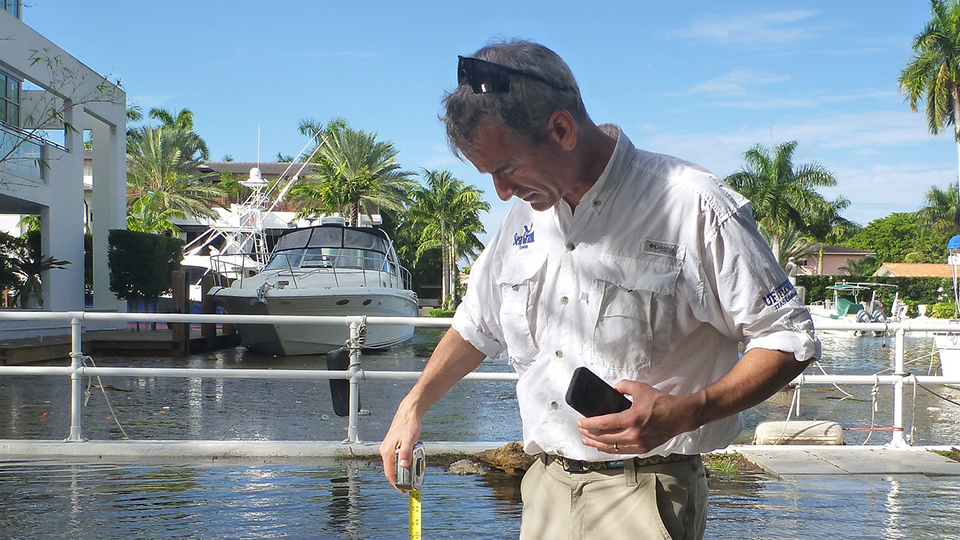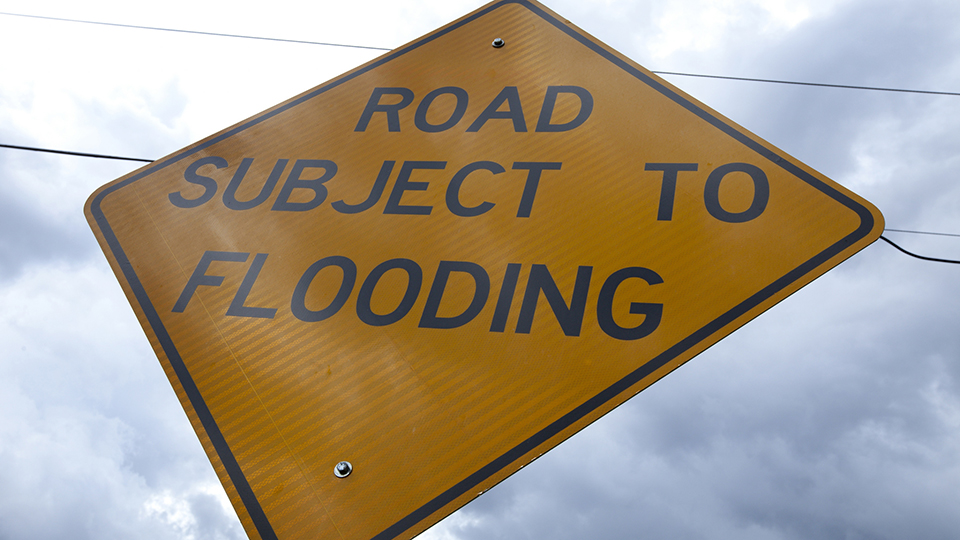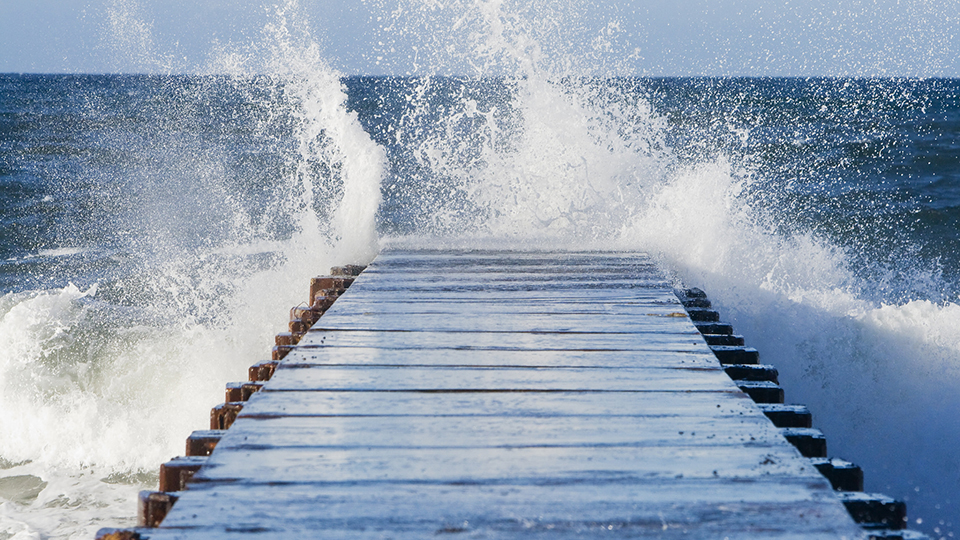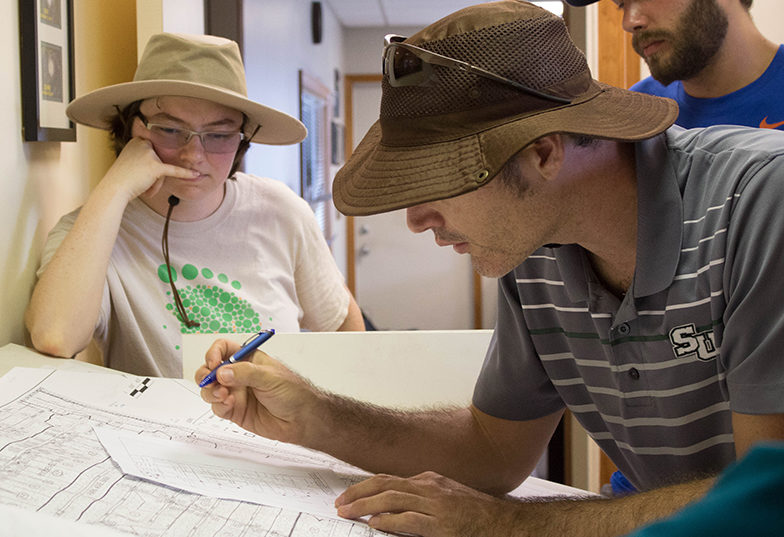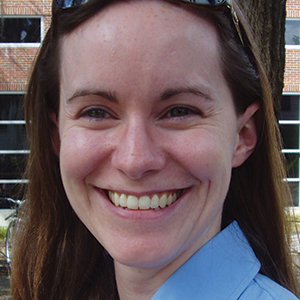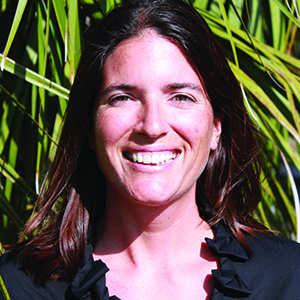Florida’s coastal areas are great places to live, work and play. Unfortunately, these areas are feeling the effects of changing air and water temperature, rising sea level, and changes in the amount of rainfall and severity of storms. Scientific evidence collected over decades–and scientific consensus–demonstrates the reality of sea-level rise and climate change. Sea level measurements tell us how much the oceans have risen, and historical records from various sources, including ice cores, confirm that atmospheric carbon dioxide has increased rapidly during the last century.
While science can tell us that our seas are rising and climate is changing, science cannot give us very accurate assessments of the speed or scale of these changes. Trends in climate change and sea-level rise may present different impacts for different communities, so local governments and environmental managers must assess their vulnerability and rely on the best available science.
Florida Sea Grant offers several resources to help governments and managers prepare for climate change. In addition to our Coastal Planning and Natural Systems web pages, Florida Sea Grant has staff members dedicated to this issue. Thomas Ruppert, coastal planning specialist and attorney, assists local governments with legal and planning issues. Sea Grant faculty Alicia Betancourt, Libby Carnahan, and Holly Abeels all work with their respective counties and with broader audiences on climate-change-related and sea-level-rise-related topics.

